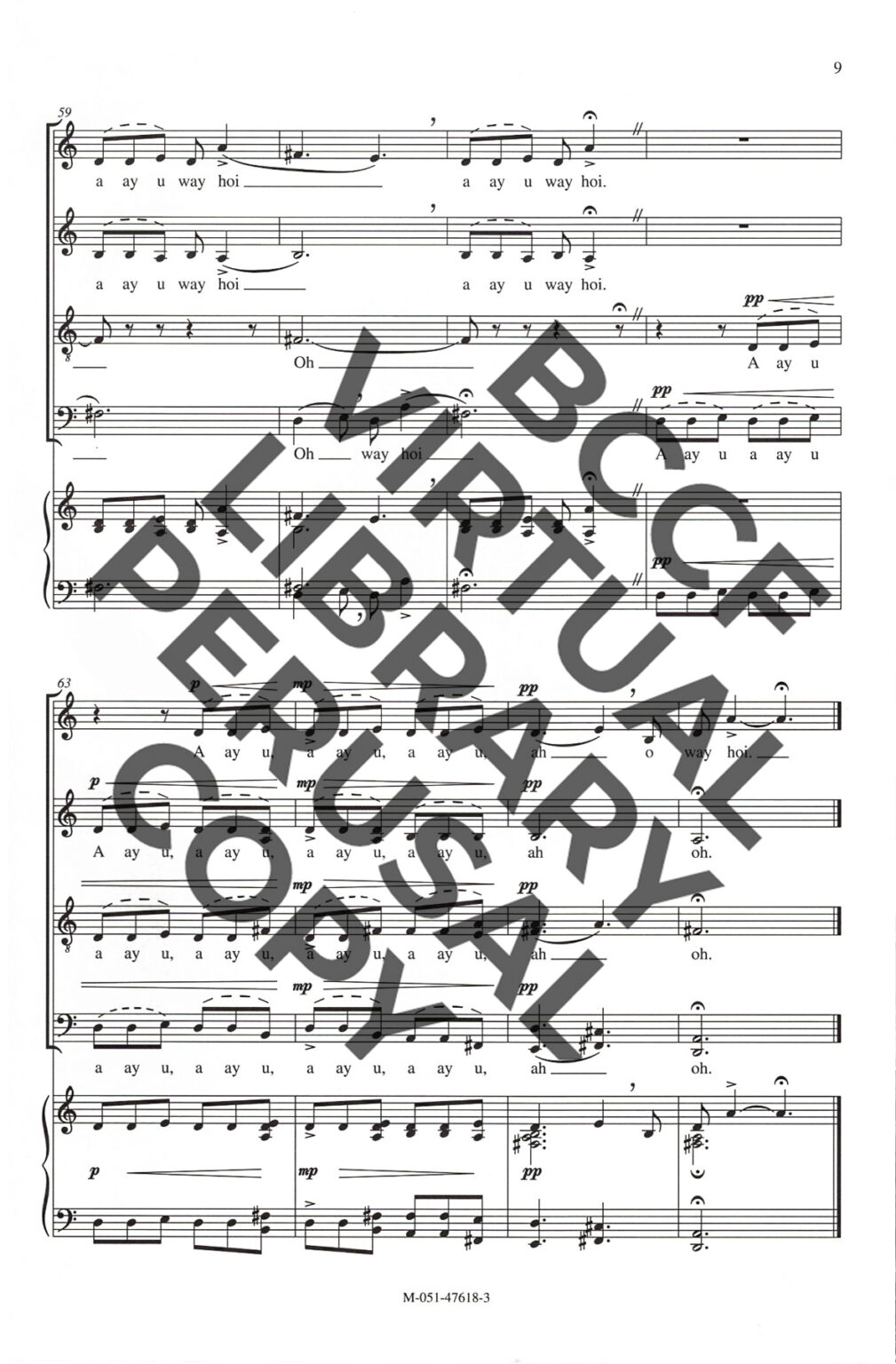


This work will contribute to a better understanding of the structure of English and many of the world's languages, not just those of the Native Americans.Primary Language: English Bible Translation ▲ Nootka people are customarily divided into three groups. "Noam Chomsky said you can learn about all languages by studying just one. The Nootka are an American Indian group located mainly on Vancouver Island.The term nootka is not a native one, but seems to refer to Captain Cook's rendering of what he thought the native people were calling themselves or their territory. "There is also a very strong desire by many of the younger people to speak their native tongue. More example sentences 2mass noun The Wakashan language of the Nootka, now with few speakers. "I hope the dictionary will help efforts to preserve the language and hence the culture of these societies, as language is intricately bound up with tradition," said Dr Stonham. 1A member of an indigenous people of Vancouver Island, Canada. Apart from academic interest, the drive to collect them has been encouraged by concern that Nootka could be lost for ever without a written record. The 150,000 words in the dictionary are divided into 15 subgroups, each a separate variant of the language and most with their own grammar and pronunciation. The range of alternatives means that a sentence as long as "to wipe the tears from one's eyes with the back of one's hand" is rendered simply "fib". His dictionary also draws on the fieldwork of the linguist and anthropologist Edward Sapir, who investigated the tribes' homeland on Vancouver Island between 19.Īlso known as Nuuchahnulth, which means "along the mountains" - a reference to the speakers' homeland - Nootka's telescoping of words is unparalleled in other languages. "There are only three basic vowels but 40 consonants and a very complex sound structure when they are spoken," said John Stonham, of Newcastle University, who started collecting Nootka words 20 years ago. Entire sentences of meaning can be crammed into very short words. Years of interviews with some 300 surviving speakers of the language, almost all now aged over 60, have led to 537 pages of unique and remarkably versatile terms.


 0 kommentar(er)
0 kommentar(er)
